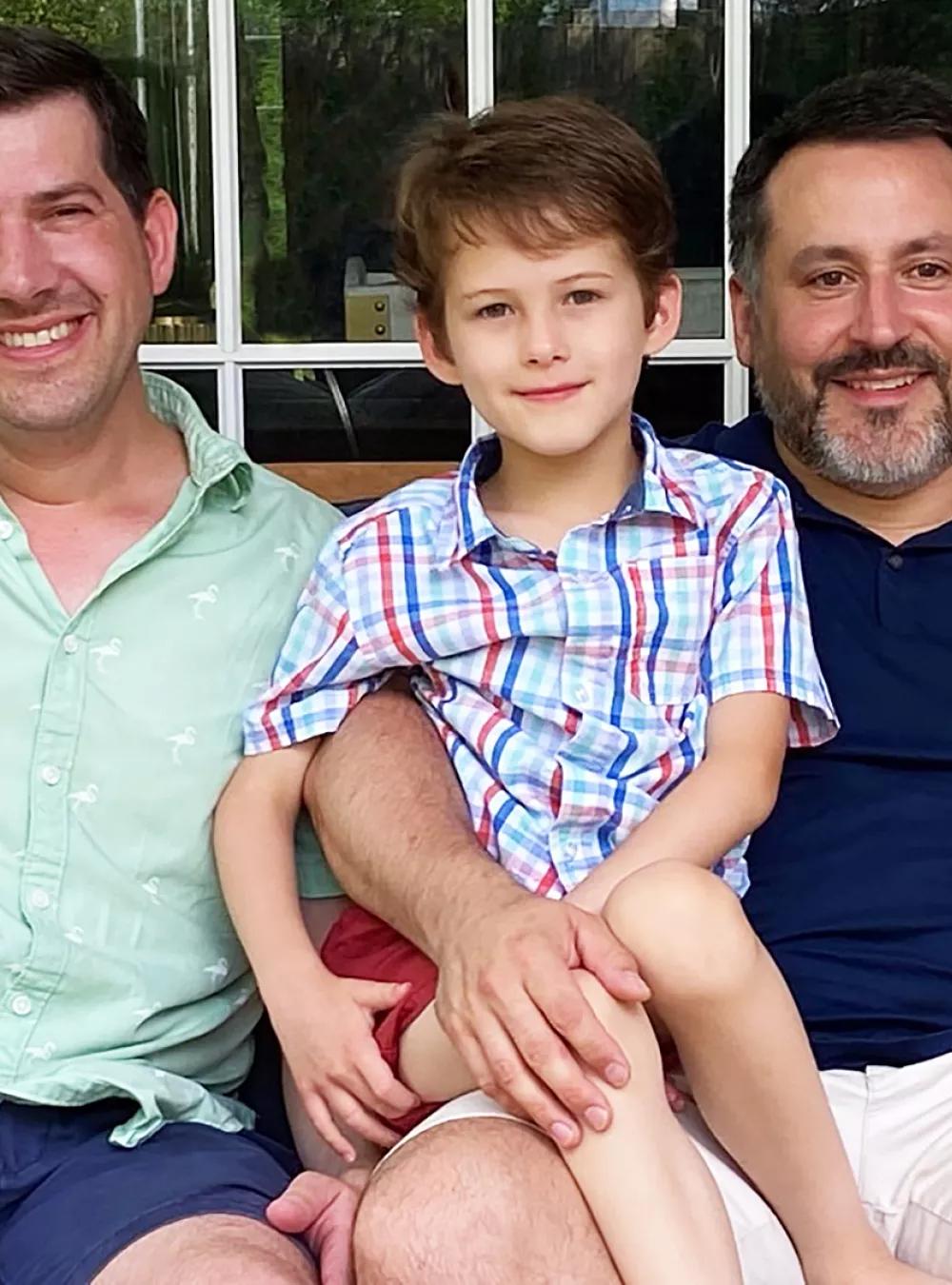Charles Clancy

MITRE Senior Vice President Shares His Pride
Charles Clancy, Ph.D., is senior vice president, general manager of MITRE Labs, and chief futurist. He shares thoughts about his experience as a gay man working in the intelligence field and his perspective for LGBTQIA+ employee candidates considering MITRE.
Throughout college and grad school, I spent my summers as an intern at the National Security Agency (NSA). Those internships in the early 2000s always coincided with the start of Pride Month and associated internal announcements about events.
This was back in the days of the “Don’t Ask, Don’t Tell” policy about sexual orientation in the military, and the military makes up a significant portion of NSA’s workforce. And at the bottom of that announcement was a footnote directed toward military personnel: “Take into consideration this is not a Don’t Ask, Don’t Tell-safe event.”
I was a civilian employee, so this technically didn’t apply to me. But it was also clear—from reading the attitude of many of my colleagues in the office—that many of the recipients didn’t welcome receiving anything about Pride Month. Comments and eye rolls.
For me, it meant a familiar tightness in my stomach and the mental review: who knew I was gay and who didn’t?
Keeping a List of Those Who Knew I Was Out
My parents were divorced when I was young. The two halves of my family held dramatically different views of religion and homosexuality.
I realized I was gay when I was in puberty, but half my upbringing had instilled unmitigated terror at this prospect. It couldn’t possibly be true. I fought it, denied it, and repressed it through my teenage years.
Finally, at 17 years old, leading up to my senior prom, I came out to my mother and on-again-off-again girlfriend. This huge weight off my chest made it real—by telling someone else I was also admitting it to myself.
However, this created a new source of anxiety throughout college and my early career: Who knows? Who doesn’t know? Who is pretending to not know? Being “out” wasn’t all or nothing. Depending on the audience, most conversations were exhausting mental gymnastics of choreographed pronouns and dodging otherwise benign small talk.
I was working at NSA when Andrew and I had a commitment ceremony and reception with friends and family. (We legally married a few years later.) That’s a big life event to not share with colleagues, but that’s what I did. I wore a wedding ring, but didn’t talk about it, lest I invite more pronoun choreography.
That was a shame in so many ways. My work at the NSA was fascinating. A good part of my confidence with big-picture strategic thinking was derived from my time in Iraq with the agency. My professional coming-of-age experiences there are invaluable to me—but I had to keep a huge part of my life muted. It was my own personal “special access program” into which few were “read in.”
A Clean Slate: Fully Coming Out at Work
When I became a professor at Virginia Tech in 2010, I came out from the beginning. Clean slate. No pronoun ambiguity. Correct colleagues’ incorrect assumptions immediately. It was tremendously freeing to have a huge source of anxiety gone. And I could talk about my family, and my colleagues could share in my experience of having three lovely, fun children: Fiona, James, and Colin.
Similarly, at MITRE, I’ve never had to hide that I’m gay. I certainly don’t need to manage perceptions. Being free to show yourself as you are is at the core of valuing diversity, something I have always really appreciated about MITRE. For instance, I’m pleased to see how open our trans employees are at MITRE. They’re going through public challenges now that the gay community was going through 10-20 years ago. I’m proud to be part of ensuring our workplace is free from discrimination.
I know different people in the LGBTQ community have different experiences than mine. Some may want their sexual orientation more in the forefront of their identity, others more in the background.
For me, my private life is where I want it: important to me personally; but professionally, no longer top of mind. And if I want to share stories about my family at work—and, believe me, two guys on a road trip with a minivan full of kids have stories to tell—I don’t hesitate.
—as told to Bill Eidson
Join our community of innovators, learners, knowledge-sharers, and risk-takers: View our Job Openings and our programs for veterans.
And hear directly from Charles Clancy on how you can Amplify Your Impact for Public Good (VIDEO).